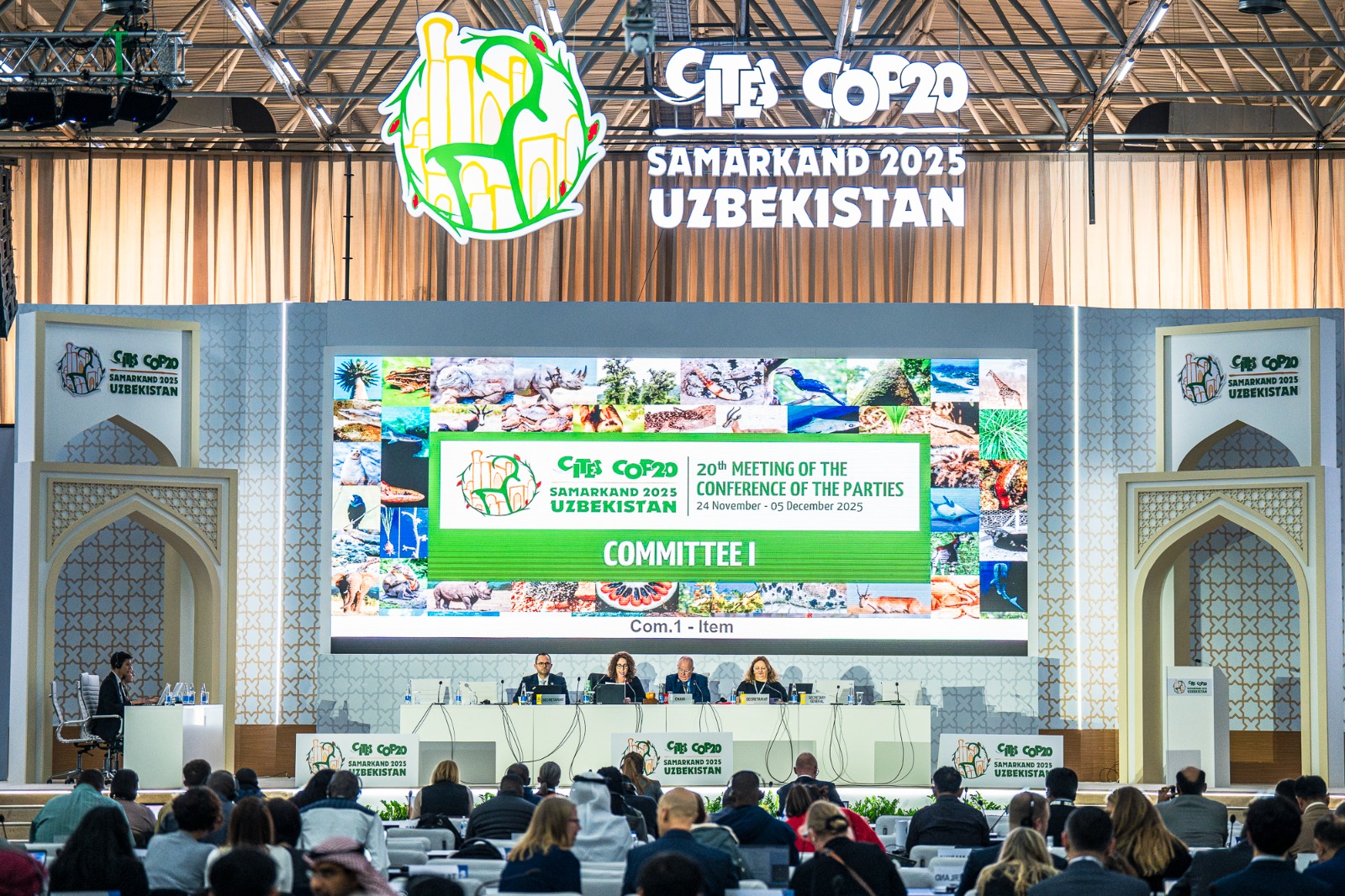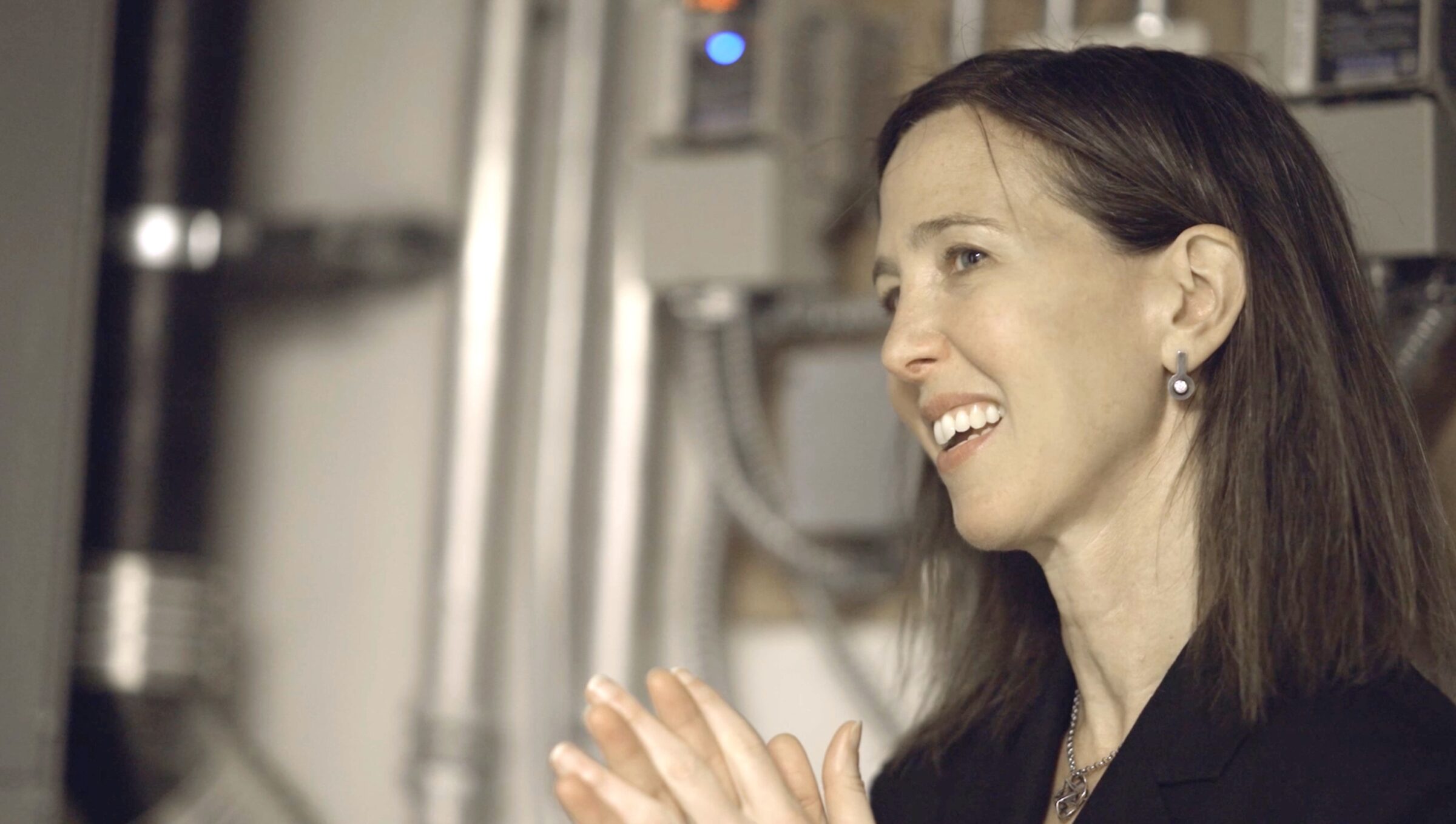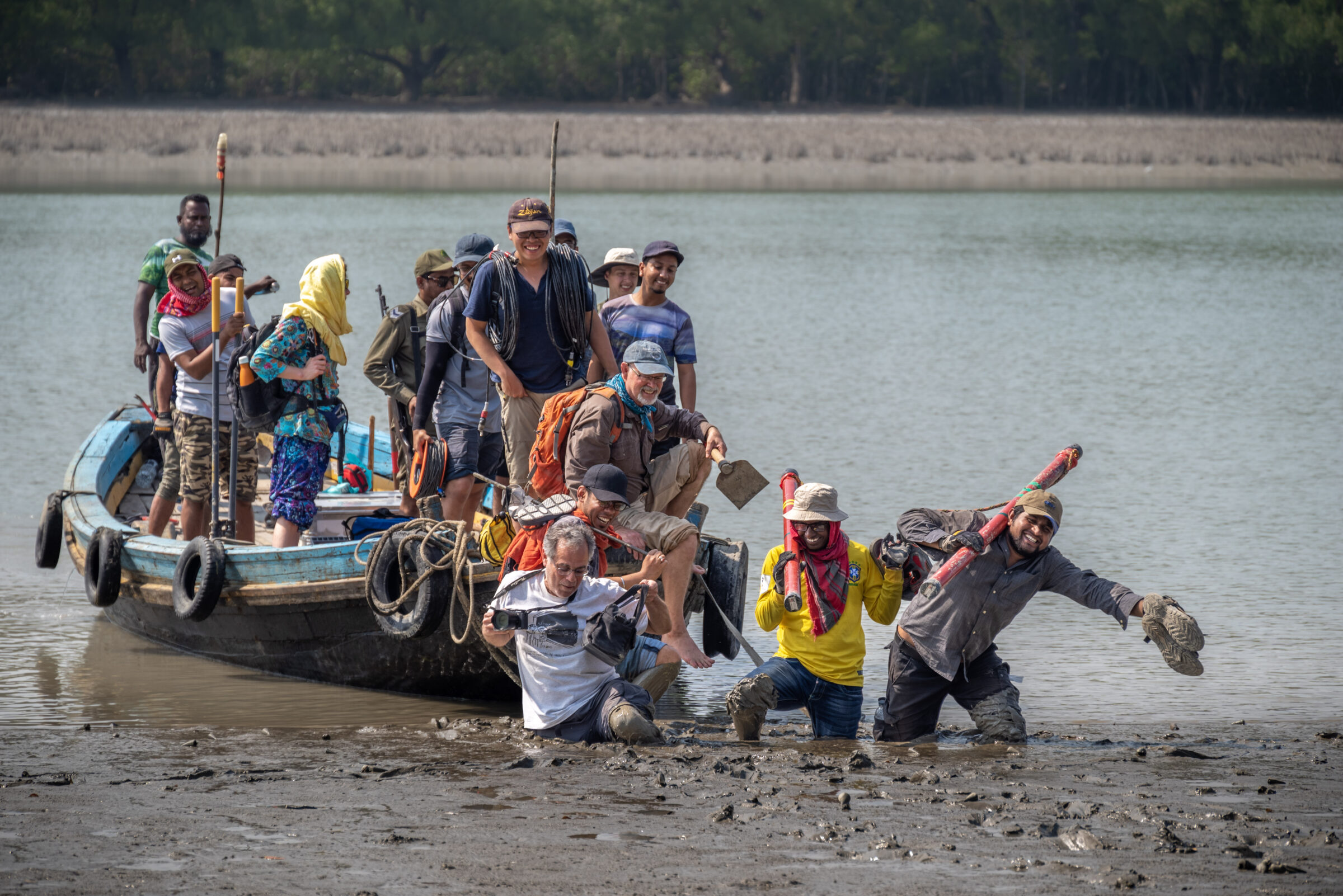Science
SIPA Alumni Champion Wildlife Protection at Major Conference in Uzbekistan
PositiveScience
SIPA Alumni participated in the Conference of the Parties to the Convention on International Trade in Endangered Species of Wild Fauna and Flora (CITES COP) held in Uzbekistan, focusing on wildlife protection and the importance of international agreements in combating overexploitation.
Science for the Planet: Engineering a Cooler Future Through Smarter Buildings
PositiveScience
Dean Alexis Abramson of the Columbia Climate School is leveraging engineering, data analytics, and machine learning to significantly reduce energy consumption and greenhouse gas emissions in buildings, aiming for a more sustainable future.
Vast Freshwater Reserves Found Beneath Salinity-Stressed Coastal Bangladesh
PositiveScience
Researchers have discovered vast freshwater reserves beneath the salinity-stressed coastal regions of Bangladesh, offering a potential solution to the country's ongoing drinking water scarcity. This finding highlights the importance of innovative approaches to address critical water shortages in the region.


